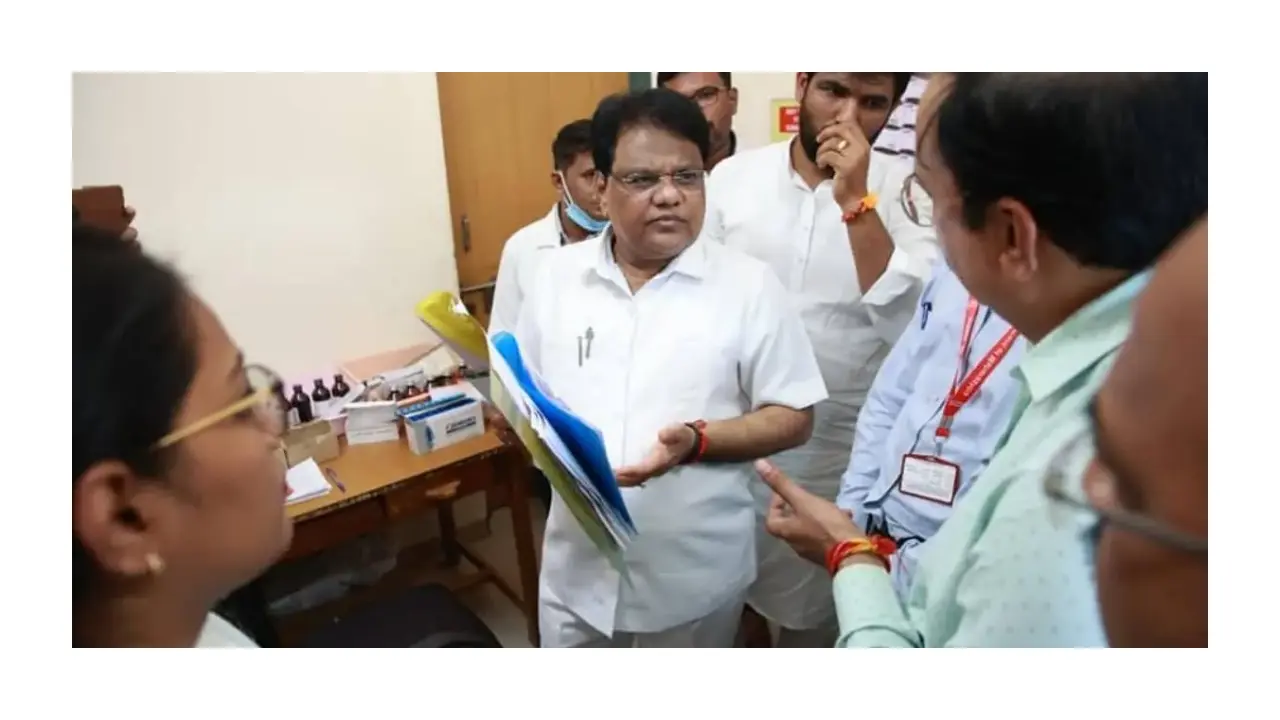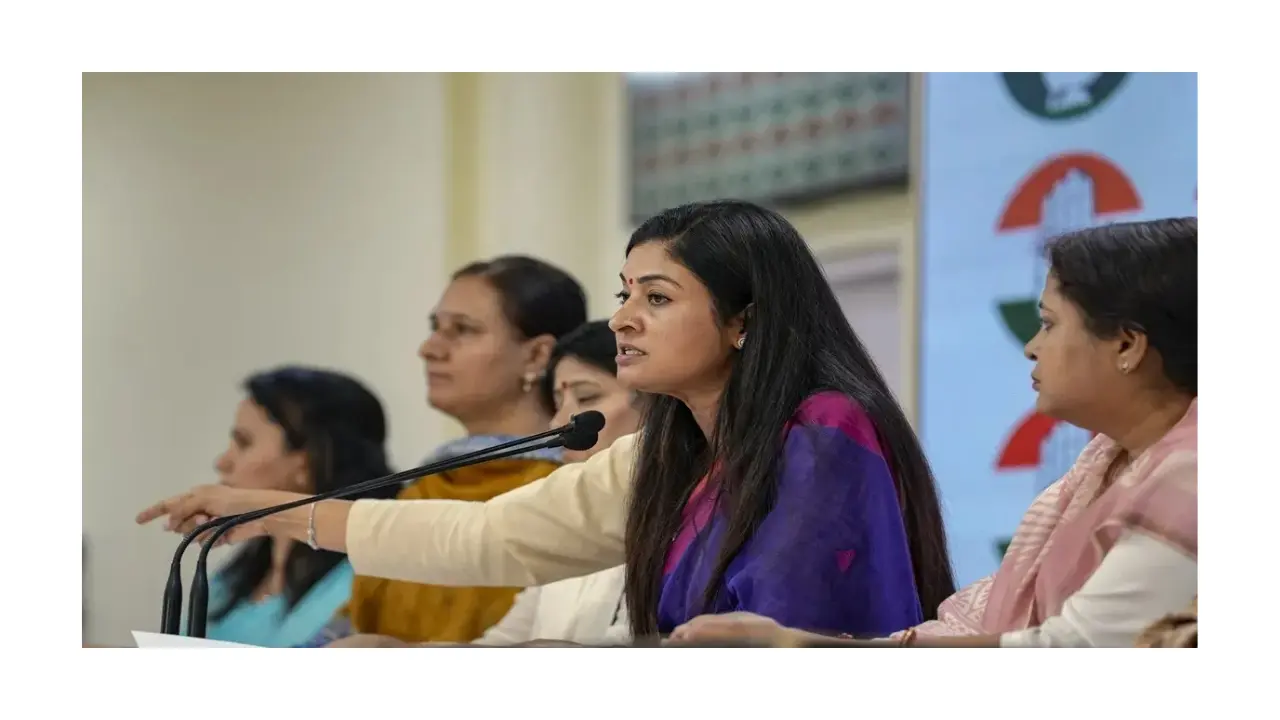Of late, the Waqf Board and its activities have been in the public eye. The present essay aims to shed light on the Waqf Board by analyzing its history, current status, and current disputes.
What is Waqf?
Muslims, according to the Islamic tradition of waqf, donate property for social, religious, and commercial purposes. Muslims, accThe Waqf Board manages donated properties, utilizing them for various purposes such as providing for the poor and operating madrassas and mosques.e utilized for a variety of purposes, including providing for the poor and running madrassas and mosques.
Historical Perspective
The Waqf institution is as old as Islamic history itself, dating back to the time of Prophet Muhammad. The Muslim kings brought it to India, and even after British colonial rule took over, they governed it by statute.
Present Scenario
The Waqf Board at present has a wide array of assets running into billions of rupees. Administration of these assets is critical, but disputes and inefficiency cause numerous problems.
The Waqf Amendment Bill,
The government intends to introduce the Waqf Amendment Bill in the Lok Sabha. This act aims to improve the administration of the Waqf property by incorporating effective provisions for its protection and utilization.
Issues and Arguments
The Waqf Board faces challenges from encroachments, corruption allegations, and mismanagement. Such factors frequently lead to public dissatisfaction and criticism of the Waqf property management.
Value of Properties in Waqf
Waqf properties are of immense value to the Muslim community, as they hold a central position as resources for social, educational, and religious needs. Therefore, effective administration is crucial to ensure continuous benefits and foster community development.
Possible outcomes of reforms
The proposed Waqf Amendment Bill is likely to bring about reforms in Waqf property administration. If enacted, it would aid in safeguarding these resources and guaranteeing their appropriate utilization.
Looking Ahead
Improvement in Waqf property management requires cooperation between the Waqf Board, government, and community. To have effective management, the community must be more aware of the issue and cooperate with it. Regular monitoring and system reforms are also mandatory.
By propagating better ways of management and solving the prevalent problems, the Waqf Board can play a pivotal role within the community.
SocialImpact #ReligiousInstitutions #CommunityDevelopment #WaqfReform





